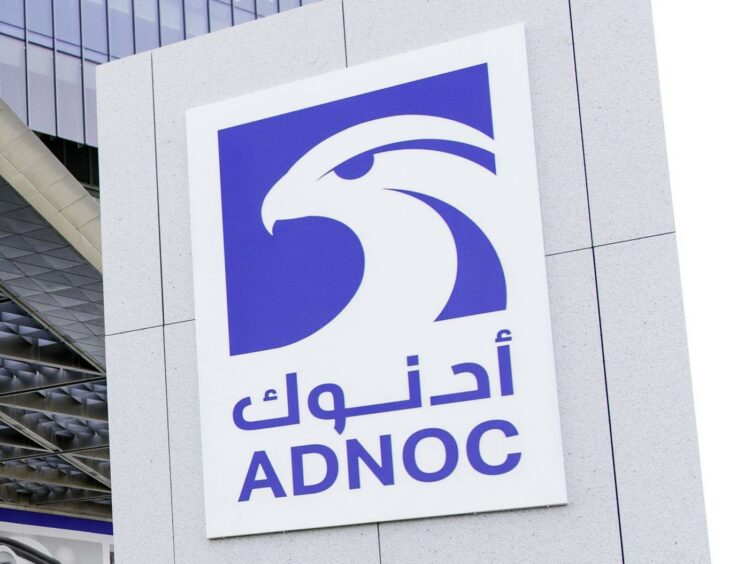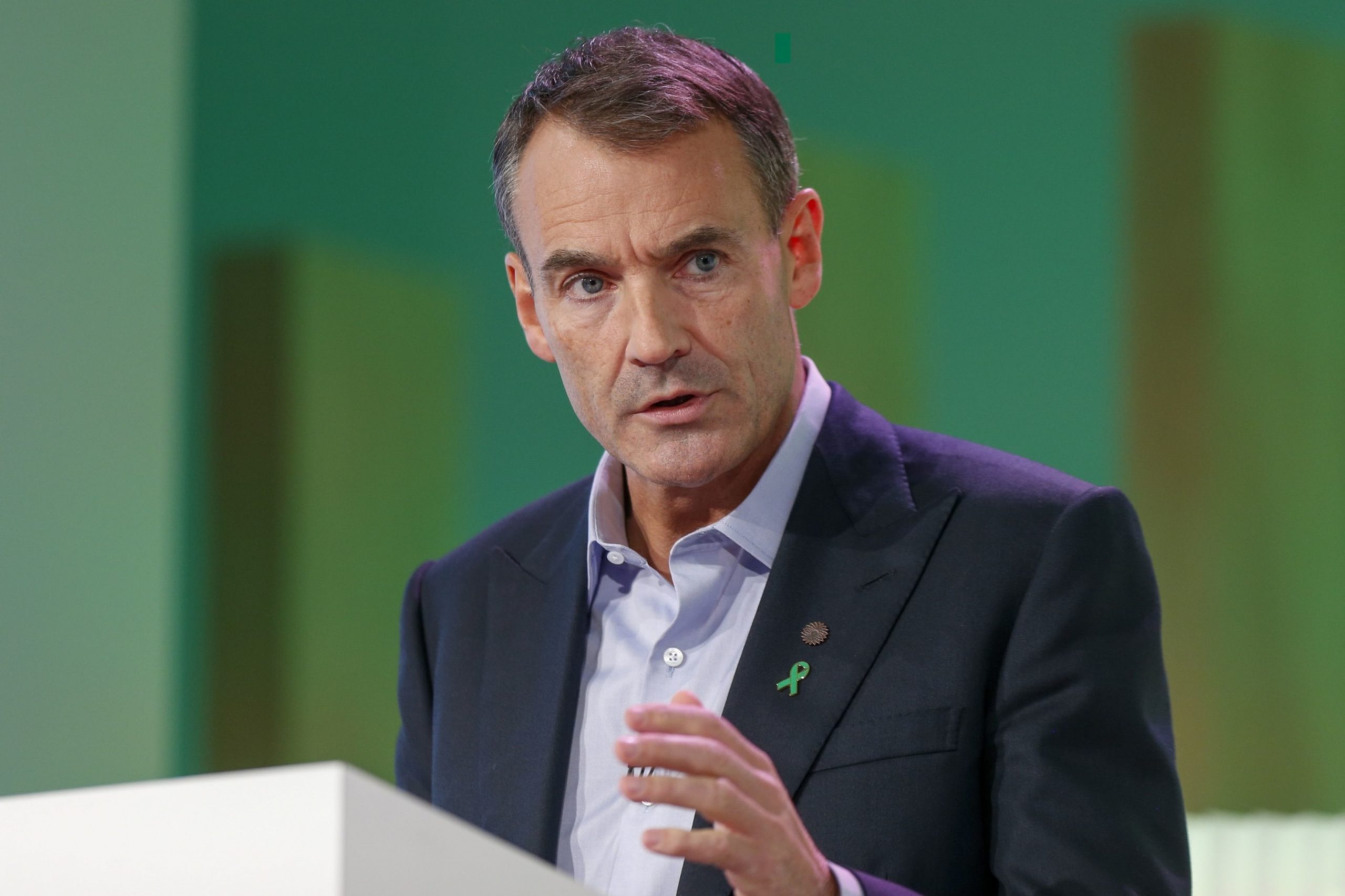
Abu Dhabi’s state oil producer ADNOC is considering the sale of a green bond for the first time, according to people with knowledge of the matter, as companies and governments in the Persian Gulf increasingly look to tap investors in sustainable assets.
Abu Dhabi National Oil Co. (ADNOC) is speaking to banks about a possible green issuance, the people said. The company, which pumps almost all the crude in the United Arab Emirates, may opt instead for sustainability-linked bonds, which provide more flexibility than green bonds because they’re not tied to specific projects, said the people.
The company declined to comment. Adnoc’s discussions are separate from its plans to raise about $3 billion to $5 billion from conventional bonds this year, the people said.
Net-zero Goal
While the UAE’s position as OPEC’s third-biggest oil producer may not sit easily with all green investors, in October the country became the first Gulf state to commit to neutralizing planet-warming emissions within its borders. It aims to do that by 2050.
Adnoc is a crucial part of the UAE’s net-zero target. The company is planning to spend billions of dollars on technology to capture carbon and manufacture hydrogen, a fuel which emits only water vapor when burned. It’s also involved in the UAE’s strategy to ramp up solar power through renewable-energy firm Masdar.
Egypt sold the Middle East’s first sovereign green bond in late 2020. Saudi Arabia and Qatar’s governments are considering following suit, as is the Saudi sovereign wealth fund.
Like those of other countries, the net-zero targets of the Gulf states such as the UAE, Saudi Arabia and Bahrain only apply to domestic emissions. That means they can in theory continue to export billions-of-dollars-worth of oil and gas each year.
Sales of environmental, social and governance debt are soaring globally. In the Middle East and North Africa they jumped to $19 billion in 2021, more than 2.5 times the level a year earlier.
Recommended for you
